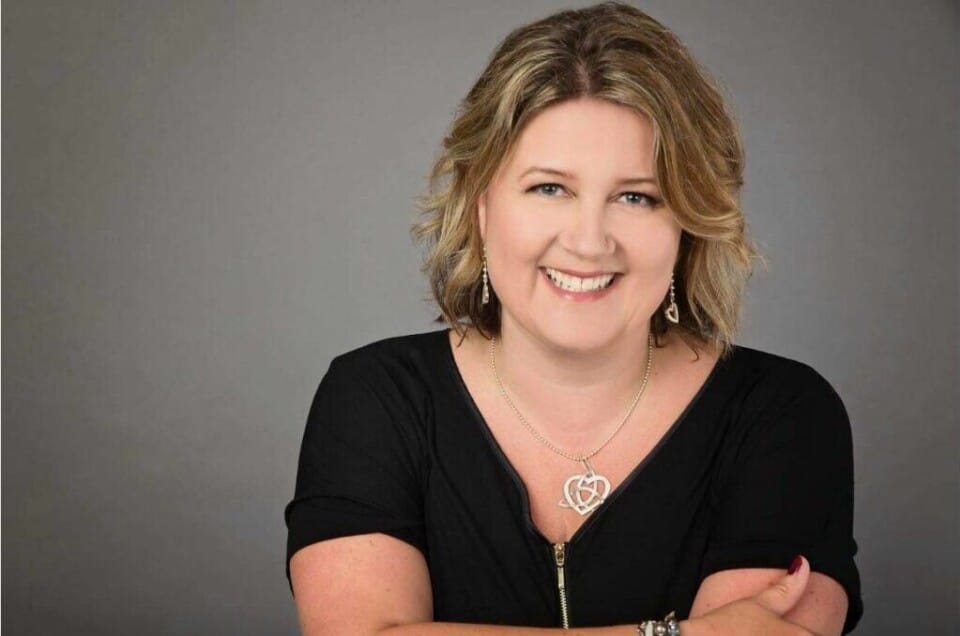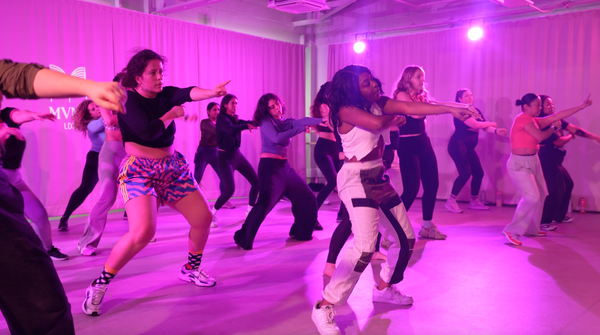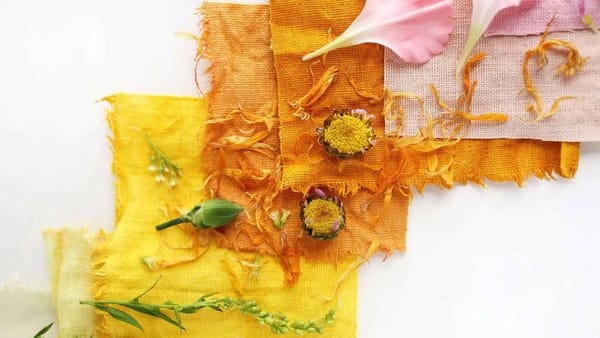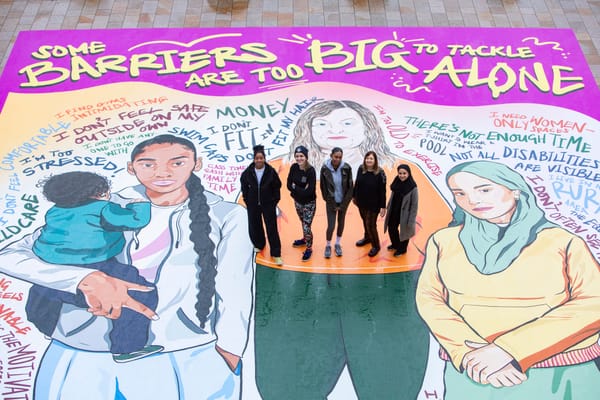The Women Across The UK Who Are Spreading Awareness On The Spiking Epidemic

The UK has recently seen an increasing number of women reporting spiking of drinks and needle spiking incidents in clubs and social venues, with these numbers continuing to rise.
Reports of these incidents have taken place across the country in Birmingham, Exeter, Nottingham, Scotland and Northern Ireland, resulting in widespread efforts to raise awareness and encourage others to speak about their experiences, in hopes of igniting change.
But what is needle spiking?
When a drink is spiked, the beverage is infused with a drug of some sort which gets dissolved so it can be undetected, however, needle spiking has become an alternative way to drug an unsuspected person by injection so that they become unconscious or unaware of what is happening to them.
Police investigations have concluded that the drugs used are likely to be the same drugs used to spike beverages, such as Rohypnol (roofie), or Gamma Hydroxybutyrate (GHB) – often known as date-rape drugs.
Who can get spiked?
There are misconceptions that spiking only happens to young people predominantly in university cities, however, individuals of all ages and genders have fallen victim to this attack, which has left our communities frantic and on high alert.
Cara Sayer, 49, expressed that she always thought spiking was about date rape and wouldn’t be relevant to her because she was a mature woman. It wasn’t until she believed she was spiked at a bar in Esher, that she realised anyone could be a target.
Sayer said: “I was with my girlfriend who decided she wanted to leave. I thought I’d stay for another 45 minutes. I started to feel like something was wrong, and I was later found unconscious in the toilets surrounded by vomit.”

The Walton on Thames local businesswoman told FROW Magazine this sparked her mission to spread awareness on the issue, speaking out to multiple media outlets and creating traffic on her social media platforms by giving guidance and information to others. One of the main objectives for those raising awareness is to demolish the idea that victims play a part in these events that happen, Sayer stressed: “A lot of people are embarrassed or ashamed to come forward as they are made to feel that this was a lapse of judgement due to alcohol.”
Administrator of the national Facebook group ‘Women Reclaim’ that holds discussions on women’s safety and intersectional feminism, Sophia Waterfield believes the awareness needs to be focused on men and establishments in relation to women’s safety: “We advocate stepping away from the narrative that women have to change their behaviour in order to be safe. We are not supportive of that, what we are supportive of is education.”

The 32 year old journalist told FROW that although this could happen to anyone, this has been a problem many women have faced for a long time and establishments need to do what they can to stop this: “Whether that be schools, universities or the workplace, prevention measures need to be put in place to tackle the underlining issues that develop into acting out these misogynistic crimes.”
NHS Mental Health Coach and Activist, Miranda Arieh claims that men who show no respect for women are more likely to have mental health problems: “Mental health and women’s safety are intrinsically linked, this issue stems around emotional health and wellbeing. There is a lot of anger being put into campaigns and whilst I understand where the anger stems from that will only cause further division – especially when debating women vs men.”

The public speaker had her own experience of being spiked whilst in her hometown of Leeds, which encouraged her to spread awareness because she realised there are simple prevention methods that can take place: “From the bars taking responsibility to them training their staff adequately, there are many physical things that can prevent this.”
Arieh added: “The fundamental issue is education on consent. Consent and respect go hand in hand and without knowledge on both, someone doesn’t have the emotional intelligence to understand that their actions are a huge problem which is an indication of low mental health.”
The aim of the mission
The issue surrounding the spiking epidemic has multiple elements, but what all who are spreading awareness seem to have in common is their mission to educate the public on what is happening, and ways this can be prevented.
Sophia Waterfield told FROW Magazine that everyone has the right to be safe, and worrying about harm shouldn’t be a factor when having fun: “Everyone has the right to exist and be safe. This is a real concern, and it shouldn’t be taken lightly.”





